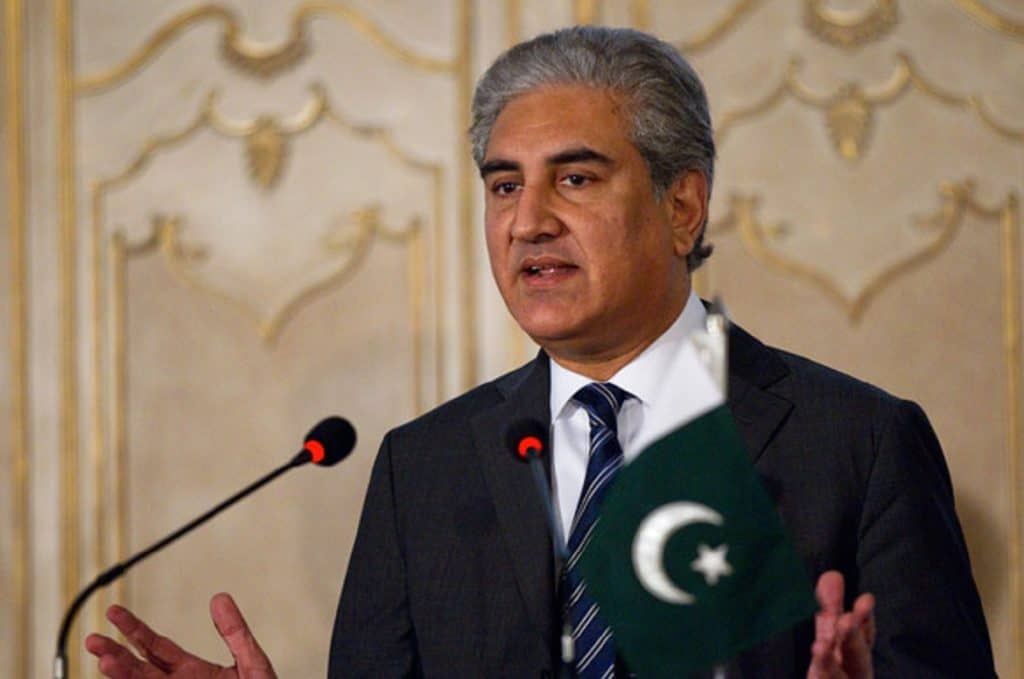By Prof. Engr. Zamir Ahmed Awan
The Group of 77 (G-77) was established on 15 June 1964 by seventy-seven developing countries signatories of the “Joint Declaration of the Seventy-Seven Developing Countries”, issued at the end of the first session of the United Nations Conference on Trade and Development (UNCTAD) in Geneva.
Beginning with the first “Ministerial Meeting of the Group of 77 in Algiers (Algeria) on 10 – 25 October 1967, which adopted the Charter of Algiers”, a permanent institutional structure gradually developed which led to the creation of Chapters of the Group of 77 with Liaison offices in Geneva (UNCTAD), Nairobi (UNEP), Paris (UNESCO), Rome (FAO/IFAD), Vienna (UNIDO), and the Group of 24 (G-24) in Washington, D.C. (IMF and World Bank). Although the members of the G-77 have increased to 134 countries, the original name was retained due to its historic significance. The Group of 77 is the largest intergovernmental organization of developing countries in the United Nations, which provides the means for the countries of the South to articulate and promote their collective economic interests and enhance their joint negotiating capacity on all major international economic issues within the United Nations system, and promote South-South cooperation for development. The Group of 77 also makes statements at various Main Committees of the General Assembly, ECOSOC and other subsidiary bodies, sponsors and negotiates resolutions and decisions at major conferences and other meetings held under the aegis of the United Nations dealing with international economic cooperation and development as well as the reform of the United Nations. The activities of the Group of 77 are financed through contributions by Member States in accordance with the relevant decisions of the First South Summit.
Pakistan assumed chairmanship of the Group of 77 and China (G-77) for the year 2022, today. Foreign Minister Makhdoom Shah Mahmood Qureshi presided over the proceedings of the opening segment of the handover ceremony held in a virtual format, which was also attended by the outgoing Chair (Foreign Minister of the Republic of Guinea), UN Secretary-General, and President of the UN General Assembly.
Speaking on the occasion, the Foreign Minister lauded the significant contributions made by G-77 towards advancing the economic and social objectives of developing countries in international development negotiations at the United Nations and beyond. He stressed the need to retain cohesion and unity in G-77’scollective endeavors to promote prosperity in conditions of equity and equality.
The Foreign Minister offered concrete ideas for addressing the triple crisis being faced by the world today– the COVID-19 pandemic; the related economic downturn; and the threat posed by climate change.
On COVID-19 pandemic, the Foreign Minister highlighted that the public health crisis had affected the developing countries disproportionately. He called for universal distribution of vaccines as the best response to the mutating virus.
Regarding the pandemic-induced global economic recession, the Foreign Minister underscored the need for mobilizing resources from all possible sources including debt restructuring; fulfillment of the 0.7 percent ODA target; redistribution of the $650 billion new SDRs; and larger concessional finance from the IMF and the multilateral development banks, as well as by curbing the illicit outflow of trillions of dollars from developing countries.
Turning to the threat posed by climate change, the Foreign Minister emphasized that the major onus for mitigation must be assumed by the industrialized countries and all climate actions must adhere to the Principle of Common but Differentiated Responsibility.
The Foreign Minister noted that, as the G-77 Chair, Pakistan will work with all the member states to develop effective and concerted response to the multiple challenges confronting developing countries and also promote avenues for South-South Cooperation.
Pakistan is one of its founding members and has been playing an active role. Pakistan relates to the high importance of the group and is willing to promote all possible cooperation from its platform. It is expected that under the chairmanship of Pakistan, the group may achieve its desired goals. However, it is the responsibility of all members to proactively promote cooperation in achieving its optimal goals. Pakistan will play an instrumental role in the group and lead other countries in realizing its dreams for every nation.
Author: Prof. Engr. Zamir Ahmed Awan – Sinologist (ex-Diplomat), Editor, Analyst, Non-Resident Fellow of CCG (Center for China and Globalization), National University of Sciences and Technology (NUST), Islamabad, Pakistan.
(The views and opinions expressed in this article are only of the authors and do not necessarily reflect the views, opinion or position of World Geostrategic Insights).







